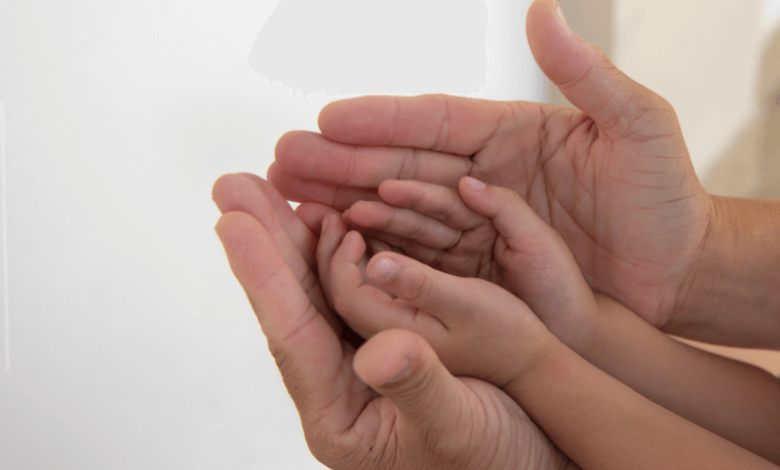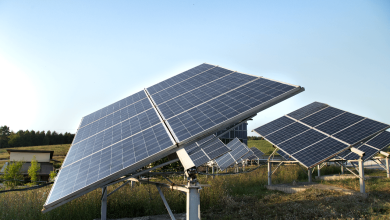Climate anxiety is real and highly prevalent. Check out simple tips to protect your children

Climate change has turned into one of the greatest threats to humanity. It has been triggering more frequent and more extreme natural disasters across the globe. Several countries have been noting unprecedented temperature surges, leading to serious injuries and deaths.
Such incidents are no less than traumatic, causing higher levels of distress among people, including children. Climate anxiety refers to distressing feelings related to climate change impacts. It is often rooted in feelings of uncertainty, lack of control and concerns over safety.
Unlike other stressors – often personal – climate change is more universal, chronic and often intangible. Because of this, climate anxiety has the potential to impact people of all ages and abilities. Climate change can elicit emotions like grief, anger, hopelessness and fatigue.
Uncertainty the most important trigger of climate anxiety
Experts have been raising concerns over climate anxiety becoming a bigger problem among the younger population. Amanda Spielman, former head of the UK government’s education watchdog Ofsted, fears the potential psychological impact of climate education on students.
In Turkey, Dr Kemal Sayar, a professor of psychiatry at Marmara University, refers to this period as the “age of uncertainty”. “Uncertainty is the most important trigger of anxiety. Children who see climate disasters and wars when they look to the future grow more anxious.”
But families can play a crucial role in mitigating climate anxiety. Sayar advises parents and guardians to focus on their children’s capabilities, rather than on catastrophic outcomes. “[Children having environmental anxiety] should be encouraged to take on responsibilities.”
Seven simple tips to address climate anxiety
Cem Safak Çukur, head of the Turkish Psychological Association, underscores age-appropriate communication. “Children have different cognitive and emotional development stages. Messages need to be given with concrete examples suitable to the age of the child.”
Check out simple tips to take care of climate anxiety
1. Focus on what you can control
2. Avoid becoming overwhelmed by your feelings
3. Practice compassion
4. Take a break from climate-related stories
5. Remember that you are not alone
6. Talk about your feelings
7. Spend time in nature by walking, hiking or other outdoor activities
Read More: Climate change and human health: the risk had never than this high





